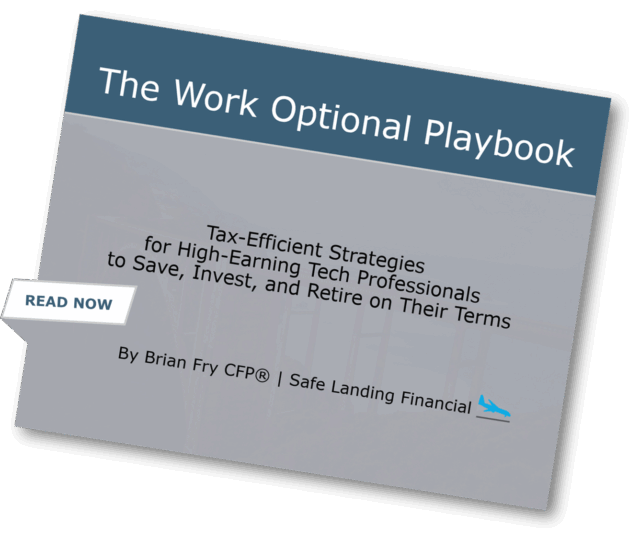Market corrections hurt. They can come out of nowhere.
If you know these facts about corrections, you can keep a level head and healthy perspective whenever the markets retreat. That can help you avoid overacting. It may even open your eyes to new opportunities.







